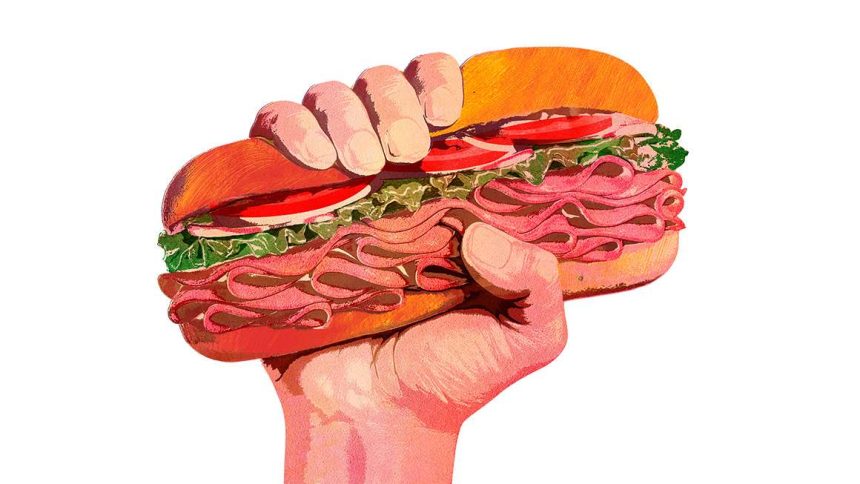In August 2025, President Donald Trump took control of the police force in Washington, D.C., and deployed the National Guard throughout the city. To justify the incursion, he said the district was experiencing a “crime emergency”—a highly debatable characterization. Violent crime remains a problem in the district, but the homicide rate has been down over the past two years, and it remains considerably lower than it was in the 1990s.
As federal agents rounded up civilians en masse and Trump pledged to widen his occupation to more American cities, many feared this was a step toward an authoritarian takeover of the country. That remains a possibility, but skeptical grand juries have so far provided an important backstop for liberty by refusing to go along with the administration’s most overzealous prosecutions.
The Fifth Amendment to the Constitution says, with only a handful of exceptions: “No person shall be held to answer for a capital, or otherwise infamous crime, unless on a presentment or indictment of a Grand Jury.” In practice, though, grand juries rarely fail to indict. The entire process is nonadversarial, meaning prosecutors make their case to jurors without an opposing attorney making any counterarguments, and the burden of proof is much lower than it would be at trial. As the old saw has it, a prosecutor could get a grand jury to indict a ham sandwich. But failing to get indictments has been a hallmark of the second Trump administration.
In July 2025, Sydney Reid recorded on her phone as D.C. police transferred two men into the custody of Immigration and Customs Enforcement (ICE). The Department of Justice (DOJ) claimed Reid tried to get between the officers and the detainees, and officers gave her “multiple commands to step back.”
When she allegedly did not, one ICE officer “pushed her against the wall and told her to stop.” Reid resisted, and when an FBI agent stepped in, her “hand was injured from striking and scraping the cement wall causing lacerations.” (The charging document included a photo of the agent’s hand, with two red marks.)
Authorities arrested Reid for “assaulting, resisting, or impeding” a federal officer, a felony punishable by up to eight years in prison. “Assault an officer or agent—get arrested. It’s not rocket science,” ICE posted on social media.
But when the U.S. attorney’s office presented Reid’s case, a grand jury declined to indict—not once, not twice, but a staggering three times. After failing to secure an indictment within 30 days as required by law, prosecutors instead charged Reid with a misdemeanor.
Failing to secure a federal indictment even once is extremely rare—in 2016, the DOJ prosecuted over 130,000 cases, and a grand jury failed to return an indictment in only six of them. Trying and failing three times in the same case is unprecedented.
In August, while protesting federal agents stationed in D.C., DOJ employee Sean Dunn threw a sandwich at a federal officer. After a brief chase, he was arrested, booked, and released. Dunn offered to surrender voluntarily for his arraignment, but instead, federal authorities sent 20 officers in riot gear to his apartment to rearrest him, for the same charge as Reid, and the White House posted footage of the operation online. After his arrest, U.S. Attorney General Pam Bondi called Dunn “an example of the Deep State we have been up against” and said he had been fired.
But when presented with the case, a grand jury once again declined to indict. Within three weeks of Trump taking over D.C.’s police, grand juries in the city declined to return indictments at least seven times.
Federal prosecutors are failing outside D.C. as well. In Los Angeles, acting U.S. Attorney Bill Essayli charged 38 people with felonies over alleged misconduct at protests and immigration raids in June. But grand juries only returned indictments in seven of those cases. (Three other cases concluded with plea deals.) Of the remaining cases, prosecutors dismissed five and refiled nine others as misdemeanors. According to the Los Angeles Times, legal experts said Essayli’s record “raised concerns about the strength of the cases he is filing.”
That’s certainly a possibility. Defendants’ attorneys claimed many of the cases were built on provably false allegations from federal officers. It’s also possible grand juries are serving their purpose: providing a check against prosecutors overcharging minor offenses.
The post Less Indictable Than a Ham Sandwich appeared first on Reason.com.









